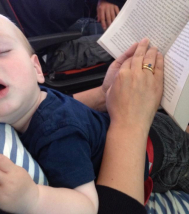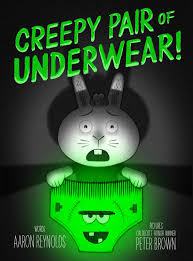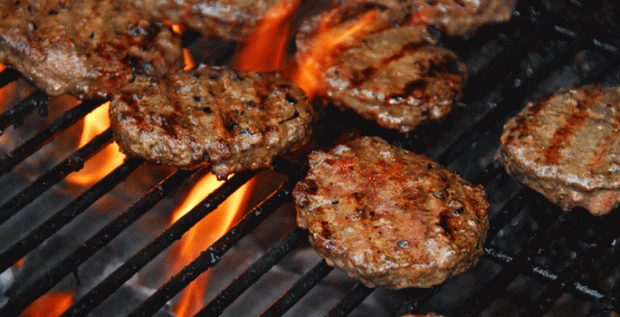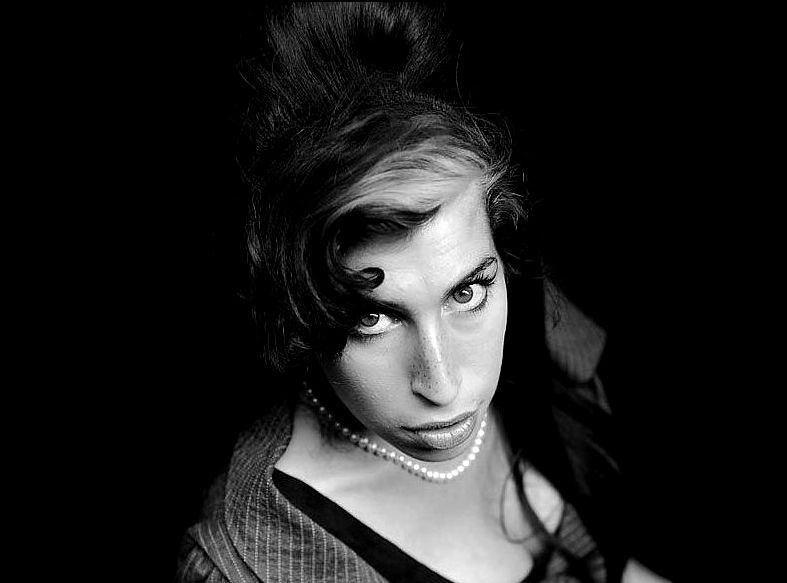 #AWP17 Panel R129: Tell the Truth and Lie to Me
#AWP17 Panel R129: Tell the Truth and Lie to Me
Description: What happens when a novelist obviously mines from her own life, or a nonfiction writer invents whole scenes that never occurred, or a poet convinces the reader of bearing witness to a fabricated experience? Is there an ethical agreement between reader and writer that dictates these parameters or does art conquer all? In this panel, writers from three different genres read from their own work and discuss how factual accuracy shapes their writing.
Panelists: Meghan Daum, Lisa Glatt, David Hernandez
Conference Report
During this first panel of the first day of my first AWP, I experienced my favorite presentation of the entire conference. I make it sound like the sessions were all downhill from there, which isn’t true. But this one, as a nonfiction writer who struggles with memory and accuracy and the problem of missing pieces — plus the desire to present the truth but also write a compelling, well-rounded story — really spoke to me.
At 9:00 a.m. sharp, in marched our three hosts, representing the three main literary pillars: nonfiction, fiction, and poetry — and all, we were told right away, close friends. The warm connections between them emanated into the room, giving a comfy, lighthearted vibe to our bunch of introverts avoiding the front row. The topics discussed weren’t particularly lighthearted, however. Ranging from a medically-induced coma to a bodily collision with a car to a brother attempting arson, the subject matter was as dark and real and as, well, true as it gets.
I’ve been a genuine #FanGirl of Megan Daum, our moderator, ever since I read her memoir My Misspent Youth, back in 2001, and even more so since she edited the collection Selfish, Shallow, and Self-Absorbed: Sixteen Writers on the Decision Not to Have Kids. Daum, who was as funny and wise as I’d hoped, opened by mentioning “the uneasy coexistence between real experience and writing,” a concept I’d never thought about in those words, but which made perfect sense once she said it.
She talked about the phrase ‘inspired by true events’ — “meaning we lifted real things and turned them into fiction,” she said, as well as the opposite notion, where writers fold made-up elements into a true story. Appropriately, Daum mentioned that this slippery slope is particularly relevant in terms of our current political system with its fake news, alternative reality, and “truthiness” coined by Stephen Colbert. “We’re not working as journalists, after all,” she said. “So what does this mean for literary writing? To be believable for the writer of creative nonfiction,” with our tendencies toward embellishment, toward that notion of “the truth as we see it.”
Poet David Hernandez read three of his pieces, beginning with the aptly titled, “Remember it Wrong,” which included poignant lines like, “memory is a murky thing/always changing its mind.” He would later mention the famous poem “In the Waiting Room” by Elizabeth Bishop, in which she references photos in a specific 1918 issue of National Geographic that turned out not to appear in there after all. Bishop would later confess she must have misremembered. But after all, she had stated in the piece that she was only seven years old, and that “you are an I, you are an Elizabeth,” providing a disclaimer of sorts that the perspective on the truth was her own and only her own.
Before cracking open her book, The Nakeds, novelist Lisa Glatt told us in the audience, “I really was hit by a car.” She then read an excerpt in which her young protagonist undergoes the same thing. Knowing that the event was drawn from personal experience while listening to the scene unfold was surely more eerie than reading it while thinking it fiction. Nonetheless, we got the point.
Daum finished the presentation by recalling an essay she wrote in which she attempted to recreate an actual event in which was ultimately rendered unconscious by a violent brain infection. Seemingly impossible, since despite the thing actually happening to her, she wasn’t entirely there, she told us how this might be done: by talking to her husband and friends who witnessed the occurrence, by inserting her few foggy recollections, and most fascinating, by inserting doctors’ notes from her 500 plus pages of medical records. “I mean talk about an unreliable narrator!” she joked. But because her narrator was also honest about what she did and didn’t remember, she felt utterly trustworthy.
In the energetic Q & A period, issues around James Frey’s now legendary lying in his memoir swirled around, as did the concerns raised by friends and family members about whether the writers in their lives will use them in their stories. Glatt’s brother once threatened to sue her if she did! Interestingly, in other AWP panels I attended, I would hear story after story about people who actually felt left out.
In the end, the genres and particular rules were proposed: In creative nonfiction, the writer has a contract with the reader; in fiction, one has to make things as true as possible while lying like crazy; and in poetry, Hernandez said, “I am more interested in emotional truth.”
Still, Daum ended, “there’s a spectrum of rules,” and “we’re drawing from real life,” she said, just this side of “inspired by true events.”
[Editor’s Note: Read a piece about Meghan Daum’s Unspeakable by Amanda Page in Assay’s “In the Classroom” series.]
***
Anne Pinkerton is a communications professional and a contributing writer for the Mount Holyoke College Alumnae Quarterly. She holds an MFA in creative nonfiction from Bay Path University, and her work has appeared in riverSedge Literary Journal, Write Angles Journal, and others.
Share this:




